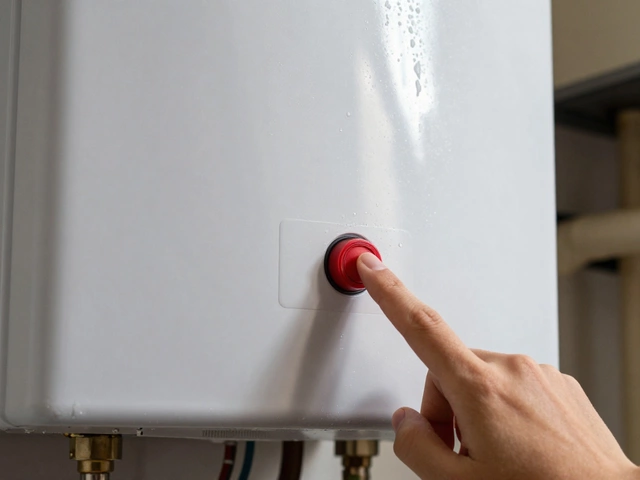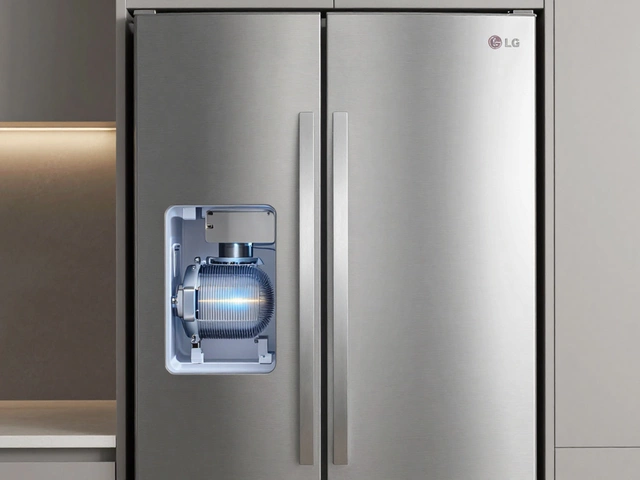Longevity of Home Appliances
When talking about longevity, the length of time a home appliance stays functional and efficient. Also known as lifespan, it decides how long you squeeze value out of a washing machine, oven, boiler or freezer before you face a repair bill or a brand‑new purchase.
One of the biggest drivers of longevity is regular maintenance, routine checks, cleaning and part replacement that keep the machine running smoothly. Skipping a yearly service on a boiler or ignoring a noisy extractor fan can shave years off an appliance’s useful life. Another key factor is the repair‑vs‑replace decision, weighing the cost of fixing a fault against the price of a new unit. When you choose to repair wisely, you often extend the overall lifespan and save money.
Why Longevity Matters for Your Wallet and Home
Longer appliance life means lower cost savings, fewer large purchases and reduced waste disposal fees. A 20‑year‑old oven that’s still heating efficiently, for example, costs far less than a brand‑new model that may use more electricity. Energy‑efficient appliances also tend to last longer because they run cooler and experience less wear. This creates a feedback loop: better energy efficiency, lower operating temperatures and reduced component stress supports higher longevity, which in turn boosts your savings.
Each type of appliance has its own typical lifespan. Refrigerators and freezers often last 10‑15 years, while gas hobs can push 12‑15 years with proper care. Boilers, when serviced annually, frequently reach the 15‑20‑year mark. Understanding these benchmarks helps you spot when a repair is a smart move versus when a replacement makes more sense. For instance, a broken boiler that’s been well‑maintained may be worth fixing, but a 25‑year‑old unit with recurring leaks probably should go.
Our collection of articles dives deep into real‑world scenarios: deciding whether to fix a noisy oven, extending freezer life, diagnosing hot‑water inconsistencies in the kitchen versus the bathroom, and even judging if a laptop counts as an appliance for warranty purposes. By tying each story back to the core idea of longevity, you’ll see how small actions—cleaning a fan filter, checking an oven’s heating element, or scheduling a boiler service—add up to years of extra use.
So whether you’re a homeowner juggling a busy schedule or a landlord looking to protect your investment, the key takeaway is simple: treat each appliance as a long‑term partner, not a disposable gadget. Keep an eye on maintenance schedules, weigh repair costs against the appliance’s remaining life, and choose energy‑efficient models when upgrades become inevitable.
Below you’ll find a curated list of posts that break down these concepts step by step, from DIY fixes for ovens and freezers to professional advice on boiler emergencies and extractor fan repairs. Each piece offers practical tips you can apply right away, helping you stretch the life of every appliance in your home.
Extractor fans play a pivotal role in maintaining good air quality and eliminating odors in homes, especially in kitchens and bathrooms. This article explores the importance of regular maintenance for extractor fans, including how cleaning and inspections can prevent potential issues. Discover practical tips to enhance the performance and extend the lifespan of your fan. Understanding the common signs of wear can save you from costly repairs in the long run.


